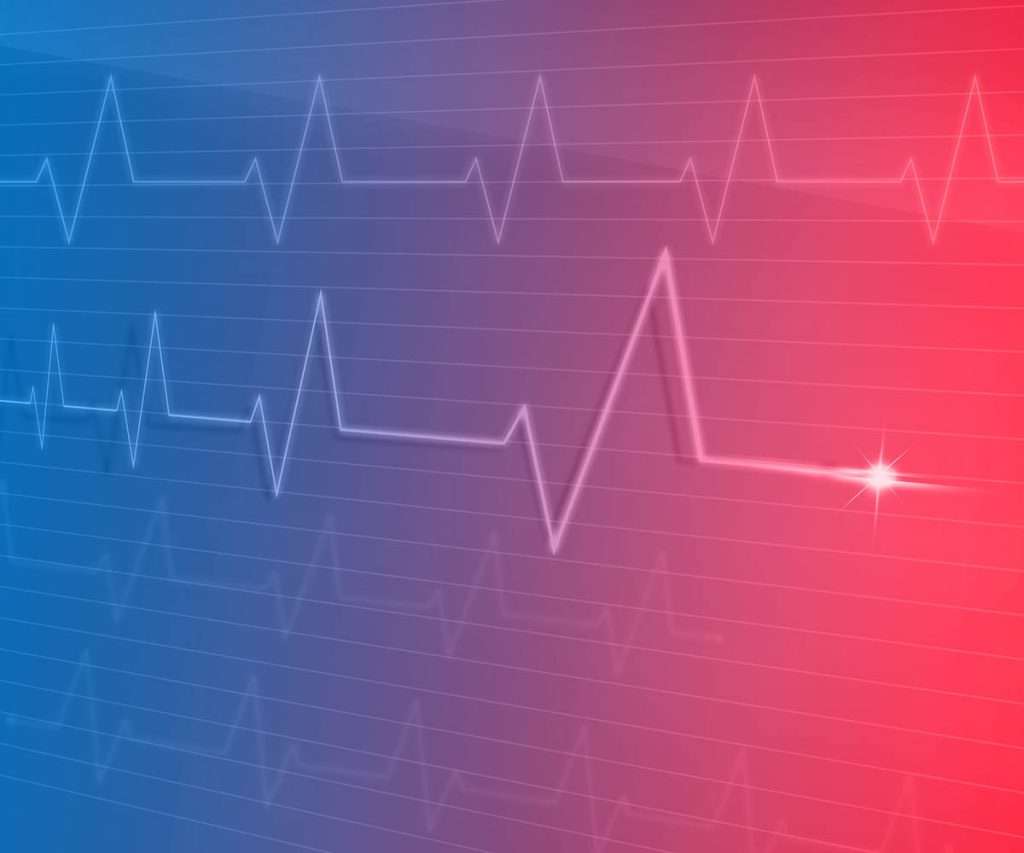The Heart of the Matter: Exploring the Interconnectedness of Sleep, Lipids, and Cardiovascular Health
May 10, 2024

Sleep effects your heart health immensely through many channels. Sleep should ideally be a time of rest and relaxation but it can be the opposite if you are suffering from sleep apnea. Sleep Apnea disrupts your peaceful sleep by causing momentary breaks in your breathing during sleep. These interruptions can happen for as little as 5 times to 100 or more times an hour. Each interruption typically lasts from 10 to 20 seconds, with some lasting more than 1 minute. These pauses in during sleep can affect the quality of sleep and, consequently, the well-being of any individual. Waking up feeling tired, lazy, and worn out, even after having a long sleep, are clear signs of suffering from this disorder.
What is Sleep Apnea?
Great question! For hundreds of years the symptoms of sleep apnea such as daytime fatigue, early morning headaches, and poor work focus have been mistaken to be stress from work or just the symptoms of early stage diabetes and heart disease. It took a while for the medical and sleep experts to understand the correlation between heart disease, diabetes, and sleep. Although the condition was widespread, sleep apnea remained undiscovered until 1965. It was not until 1991 that the government set up the American Board of Sleep Medicine to study this sleep disorder that not only affects your sleep pattern but also can ruin your lifestyle. The first consistent symptoms found is that 93% of people with sleep apnea will snore. There are some people with special forms of mild sleep apnea who do not snore! Our founder Dr. Henry Qiu is one of these special people who rarely snores but has sleep apnea.
Shockingly, around 30 million individuals in the United States are suffering from sleep apnea, and out of them, only 6 million are diagnosed, leaving a vast number of the population at risk of developing cardiovascular disease. This underexposure is because there are only 6000 board certified sleep medicine doctors in the United States. Roughly 1 for every 60,000 people. Recent studies shed light on the complex web that connects the three conditions—your sleep and heart health—and explain how disturbed sleep can trigger a series of events that can raise your cholesterol levels and put a lot of stress on your heart. The historical observations of experts like John Cheyne and William Stokes pointed to the link between irregular breathing during sleep and your cardiac function.
Poor Sleep Is A Silent Threat to Health and Wellness
How much sleep do I need?
We recommend a minimum of 6 hours of quality sleep for the best health but did you know that 2 hours of quality sleep is better than 6 hours of poor quality sleep? Everyone recommends that you need six to eight hours of sleep but it is actually the quality of your sleep that matters most. In our fast paced and competitive world, it’s so easy to dismiss sleep. There are some high performing people like Elon Musk who only needs 5-6 hours of sleep. Quality sleep is more important than the number of hours and this is why. Sleep apnea is a condition where you stop breathing in your sleep, like you are drowning. Spending 6 hours drowning is way worse than even 2 hours of quality sleep. See the difference between quality of sleep and the number of hours slept?
What is sleep apnea like?
These breathing pauses during your sleep drops the oxygen in your blood and your brain tells the body that it is drowning, releasing cortisol and stress hormones that makes your heart beat faster to pump more oxygen. Many of our patients report waking up in the middle of the night. That is because they just had a near death experience! The heart rate can rise pretty significantly with sleep apnea. Some people with sleep apnea have an average heart rate of 90-100 beats per minute at night! They are literally running a marathon every night while drowning! Nowonder they are exhausted when they wake up.
How does sleep apnea affect my heart?
Every time your brain thinks you are drowning it releases cortisol and stress hormones that make your blood vessels smaller so that more oxygen can get to your heart and brain. If your vessels are under stress for a long period, then it can raise your blood pressure permanently, cause damage to your blood vessels, and increase your chance of a heart attack or stroke. According to researchers from the American College of Cardiology and Yale’s Medical School, untreated sleep apnea significantly increases your risk of sudden cardiac arrest or even death. It can increase your risk by up to 5X! Ignoring sleep apnea is not a great idea while treating sleep apnea will give you exponential benefits to your health and vitality. We know how big a difference this makes and Everest Sleep Center is committed to providing the highest quality treatments for sleep apnea.
Call us today for a free consultation!
References:
Edwards, J. D. (2022, June 1). Dangers of Untreated Sleep Apnea: Memory, Cardiac, Diabetes, Quality of Life, Sleepiness, Depression, Automobile Accidents, and Death.
Walker, M. (2022, April 12). Why do we sleep? Yale University Press.
Researchers find sleep genes linked to heart failure. (2015, November 30). News Center.
Irwin, M. (2007). Sleep and inflammation: partners in sickness and in health. Journal of Psychiatric Research, 42(5), 427–433.
Knutson, K. L., & Van Cauter, E. (2008). There are associations between sleep loss and an increased risk of obesity and diabetes. Annals of the New York Academy of Sciences, 1129, 287–304.
Sleep and Weight: Is There a Connection? (2024, February 22). NCOA Adviser
The Hub. (n.d.). Sleep and weight loss. Johns Hopkins University.
Yale Daily News. (2015, September 29). A.m. Social media may affect the sleep and mood of college students. Yale Daily News Historical Archive.